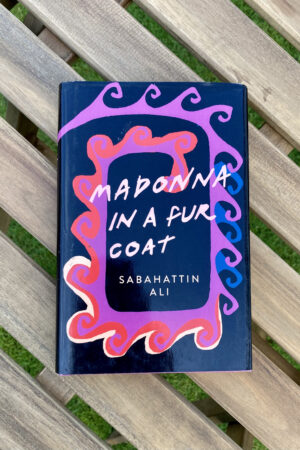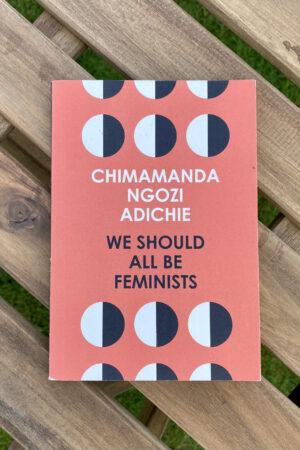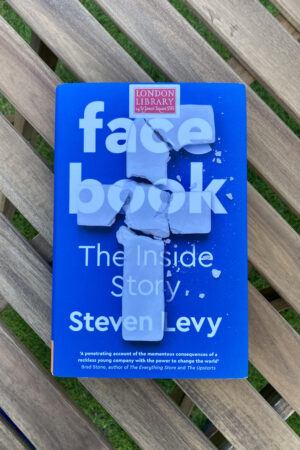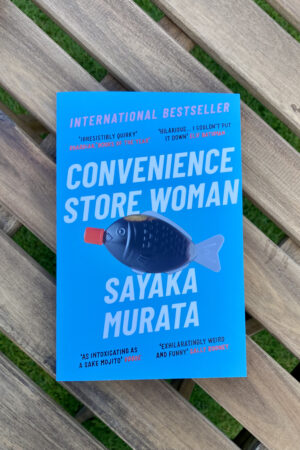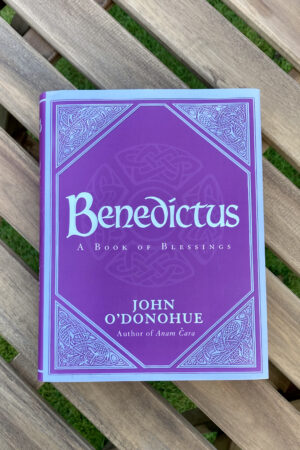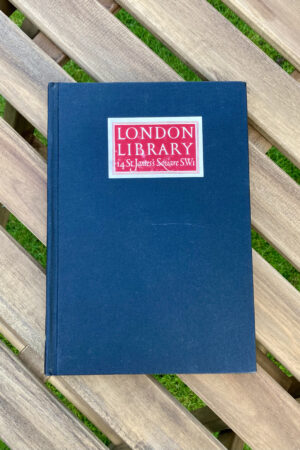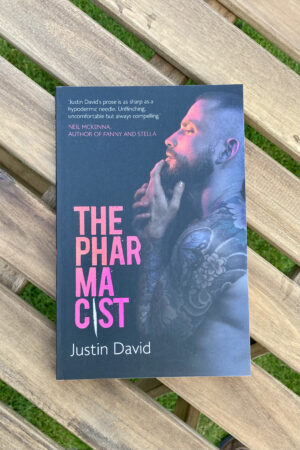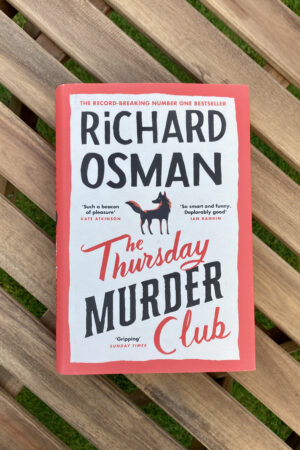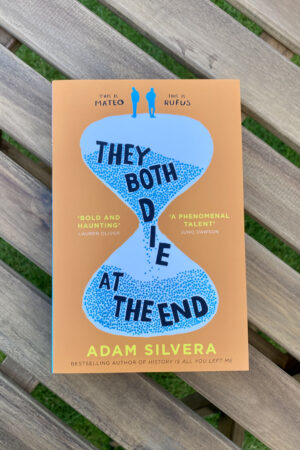What I’ve been reading this month
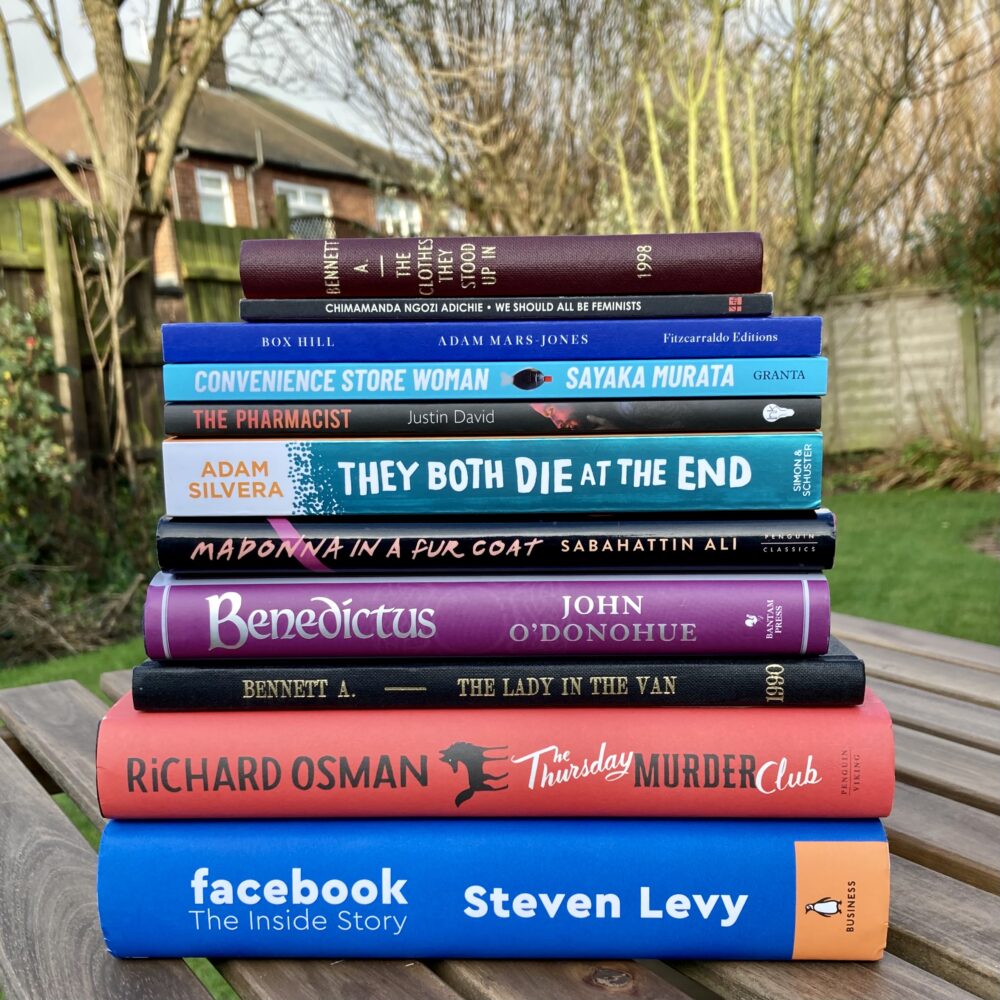
I’ve eleven books to mention for December. I didn’t realise until I came to write this post quite how varied my reading has been this month!
Madonna in a Fur Coat by Sabahattin Ali
This was the 1943 Turkish classic by Sabahattin Ali. I read the Penguin Classics 2016 translation by Maureen Freely and Alexander Dawe in a day (it was only 168 pages) and loved it.
The 1920s plot concerned a young Turkish man moving to Berlin to learn about the perfumed soap trade. He developed an intense longing for a woman he initially saw in a painting, and a powerful and moving—if somewhat unconventional—relationship developed.
This was a book about social changes in the first part of the twentieth century, and particularly morphing gender roles, but was also full of profound longing. It oozed atmosphere.
This was one of those short books that, despite the page count, somehow managed to create complete characters who will live long in the mind, and to completely immerse the reader in a time and place, and to make larger observations about social change. And all that while the first 40 pages felt slow to get going! It was great.
We Should All be Feminists by Chimamanda Ngozi Adichie
This was Chimamanda Ngozi Adichie’s 2014 essay in which she drew on her own life experiences to illustrate why feminism remains important, and how society continues—in ways small and big—to treat men and women inequitably. It seems like this should be self-evident but, as the book pointed out, there are many who wrongly think that these problems are historical and resolved.
The argument was passionate and well-made. This was a slim 50-page volume filled largely with anecdote, and so I don’t think I learned anything new from this, but I enjoyed reading such a powerful and convincing case for feminism.
Facebook by Steven Levy
This was Levy’s 600-page history of Facebook, published earlier this year. Levy has covered Facebook as a technology journalist for many years and clearly has good connections within the company and with those who have left the company along the way. Many reviews I’ve read suggest that Levy was very soft on both Facebook and its founder in this book, but I though he was quietly damning.
For personal context: I joined Facebook in 2005 and left earlier this year, not in any grand protest but just because it had become more aggravating than useful as a service. I still use WhatsApp, another Facebook property, and have an on-again off-again relationship with Instagram.
Levy’s book was interesting for the insight it gave into the way that Facebook had grown and taken decisions, time and again, without fully considering or planning for obvious consequences.
I happen to have read this book at the same time as Pinker’s Better Angels, so the thing that leapt out to me most was their lack of consideration of factual accuracy and filter bubbles. Pinker argues that one reason for the decline in violence in the last century is the rapid spread of information: we cannot condone violence on the other side of the world when graphic images of it are on the newspaper on our breakfast table. Levy argued that Facebook’s concentration on feeding only our narrow interests necessarily narrows our world view, and presenting lies, gossip and facts in indistinguishable formats only serves to further pervert our understanding.
The final section, in which Levy describes Facebook’s plans for the future, is where the soft damnation appeared: Levy talked of Facebook concentrating on the “fun” offered by new features, while completely ignoring the negative consequences of making filter bubbles completely impenetrable through encryption and disappearing messages.
This was a great dive into the history of a era-defining company which left me with the impression that the company doesn’t yet understand its past mistakes, and is doomed to repeat them.
Convenience Store Woman by Sayaka Murata
This was Sayaka Murata’s 2016 bestseller, which I read in Ginny Tapley Takemori’s 2018 translation. This was a short novel centred on Keiko, a 36-year-old woman who had been working in a part time role at a convenience store for half her life. She enjoyed her work and found that the role of ‘convenience store worker’ gave her life meaning, though increasingly came to feel societal pressure to find a “proper” job and a husband. Therein lies a plot, featuring an attempt at living a “normal” life.
If found this a relatively light book with a sharp edge of social commentary. Others on Goodreads seem to have found it side-splitting; I thought it was more wryly amusing, if not a little depressing when it prompts pondering the underlying issues.
Benedictus by John O’Donohue
This 2007 collection of blessings was not my usual kind of book by any means. In it, O’Donohue offered poems for a wide range of life events, mostly (though not completely) excluding reference to gods and/or religion.
O’Donohue’s writing was awe-inspiring for its ability to capture the emotions and actions associated with both ordinary and extraordinary events. This was poetry that often firstly crystallised my understanding of my own emotions in situations and then, by virtue of writing about it, demonstrated that while they felt unique to me, they were universal parts of the human experience. The poems about extraordinary life experiences which I haven’t had helped me to reflect on how those situations must feel to others.
I don’t read much poetry: this book made me think that perhaps I should read more.
The Lady in the Van by Alan Bennett
There are lots of different treatments of Alan Bennett’s The Lady in the Van, including the original LRB essay from 1989, a play from 1999, a very popular 2005 film, and the one I read: the 1990 book.
Written in Bennett’s characteristic warm, funny and engaging style, this short memoir describes Bennett’s interactions with Mary Shepherd, and an eccentric lady who came to live for fifteen years in a dilapidated van on Bennett’s driveway. I thoroughly enjoyed this: it was fun and moving in equal measure, one of those cosy books that restores faith in humanity.
The Clothes They Stood Up In by Alan Bennett
Originally published in the LRB in 1996, this was a typically wonderful Alan Bennett story of extraordinary and comic happenings in British suburbia.
Mr and Mrs Ransome, a middle-aged middle-class couple, returned from the opera to find that their flat had been burgled to an extraordinary extent, having relieved the place even of its fitted carpets. For Mrs Ransome, this becomes liberating in some unexpected ways.
This was great fun.
The Pharmacist by Justin David
This 2014 novella was featured somewhere—I can’t recall where—as one of a pair of books to read together, the other being Box Hill by Adam Mars-Jones.
The Pharmacist focused on Billy, a man in his 20s, who falls into a friendship with Albert, an older gay man who lived in a flat in the same building. As their friendship developed, Albert introduced Billy to illicit drugs, and their relationship became closer and more complex.
I enjoyed this for the contrast between Billy and Albert, as gay men who had come of age in very different eras. It was a book which made me reflect on how much society’s response to people shapes us all, and moreover how much accepted societal norms have shifted over just a few decades. The rapid change in society’s attitude to homosexuality makes contrasting older and younger gay people an interesting tool for reflecting on progress in society.
This wasn’t a book I’d normally come across or read, but I enjoyed reflecting on it.
Box Hill by Adam Mars-Jones
A short and many-award-willing novel by Mars-Jones’s published earlier this year, recommended somewhere as part of a pairing with Justin David’s The Pharmacist.
Narrated from the perspective of a tube driver in his 40s in contemporary Britain, novel was mostly set in the late 1970s, when the narrator was an 18-year-old gay man who fell into an abusive relationship with a man a few years older. Despite the subject matter, the tone was kept remarkably light and humorous (one sexual encounter is described as “dutiful, like Prince Philip opening a hospital annexe”).
Fairly suddenly, the book transformed unexpectedly into something rather different: a moving meditation on how well we know even those closest to us, and how we only ever really have our own singular perspective on reality.
The recommendation to pair this with The Pharmacist was a good one: the two novellas have mostly similar beats in the plot, but treated completely differently. For my money, Box Hill is the better novella: I think I would have been disappointed if I had read them the other way round.
The Thursday Murder Club by Richard Osman
This was Richard Osman’s recently published first novel, a cosy but complex piece of genre fiction in which a group of four friends in a retirement home banded together to solve a murder. It is the first in a series of books to be published about “The Thursday Murder Club.”
I found much to enjoy in this book. The main characters were well drawn and fun to spend time with; the plot was pleasingly multi-layered; and the frequent clashes between the older protagonists and modernity were handled very well, using humour without being patronising about older people, and including firm but friendly challenge to social views that are no longer mainstream.
But this just isn’t really my kind of thing. It reminded me of nothing so much as a Sunday night television drama, the gently paced inoffensive and unchallenging moving wallpaper that I’m pretty sure Nancy Banks-Smith once compared to death. This book felt like it was a cut above most in the genre, but it still didn’t feel to me like it had anything new to say.
Given it’s popularity, and given that the series will no doubt become part of the cultural conversation, I’m glad I read it… but I won’t be picking up the next in the series.
They Both Die at the End by Adam Silvera
This 2017 novel is well-loved by many, and clearly has a lot going for it, but was simply not up my street. The premise was that a new technology company called “death cast” could, with absolutely reliability, inform people shortly after midnight that they will die during the day. This premise opened up a Pandora’s box of interesting philosophical questions around how people will respond after receiving the notification, and also how knowing with certainty that one will survive every other day will influence society.
These philosophical questions weren’t tackled at any length in the book, and where the societal response did come up in the plot, it was often inconsistently described. I was looking for complex moral and philosophical knots and new insights into the human psyche, but that clearly wasn’t what Silvera was looking to provide nor what his audience expected.
This book was really a story of a saccharine budding teenage romance, narrated (for the most part) by the two teenagers themselves, on the day of their death. For those who like that sort of thing, this is the sort of thing they like, but it wasn’t for me.
This post was filed under: What I've Been Reading, Adam Mars-Jones, Adam Silvera, Alan Bennett, Chimamanda Ngozi Adichie, John O’Donohue, Justin David, Richard Osman, Sabahattin Ali, Sayaka Murata, Steven Levy.
